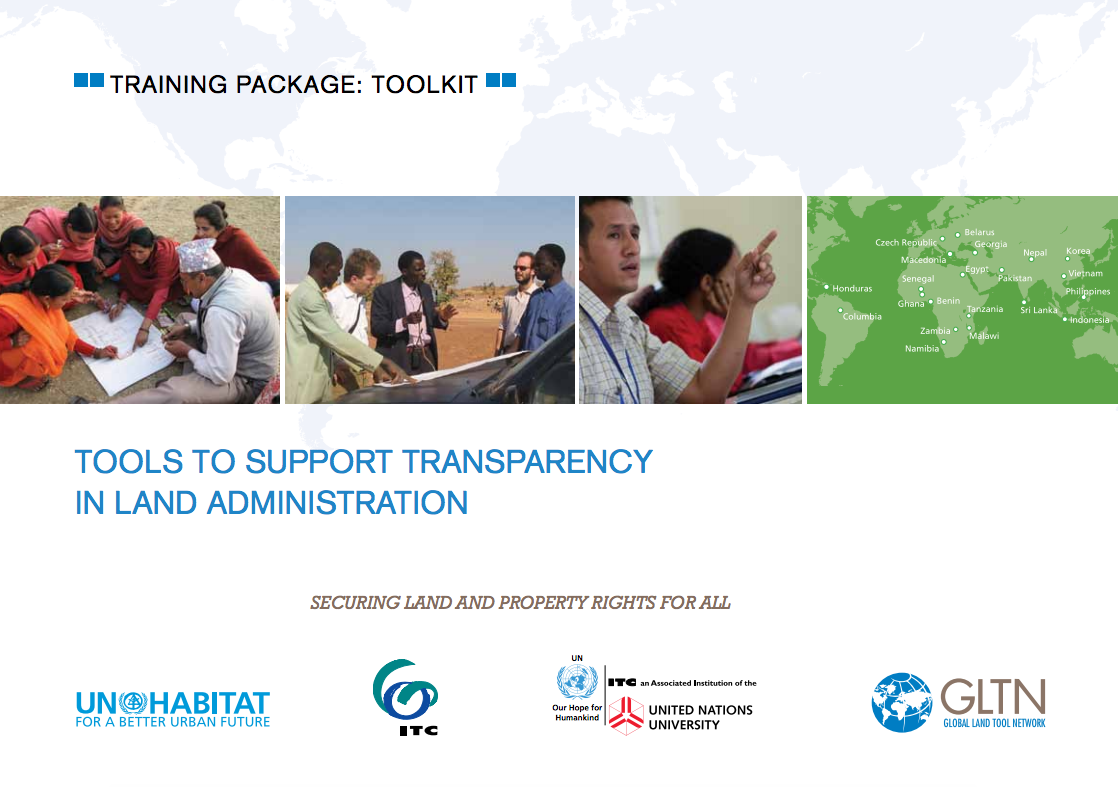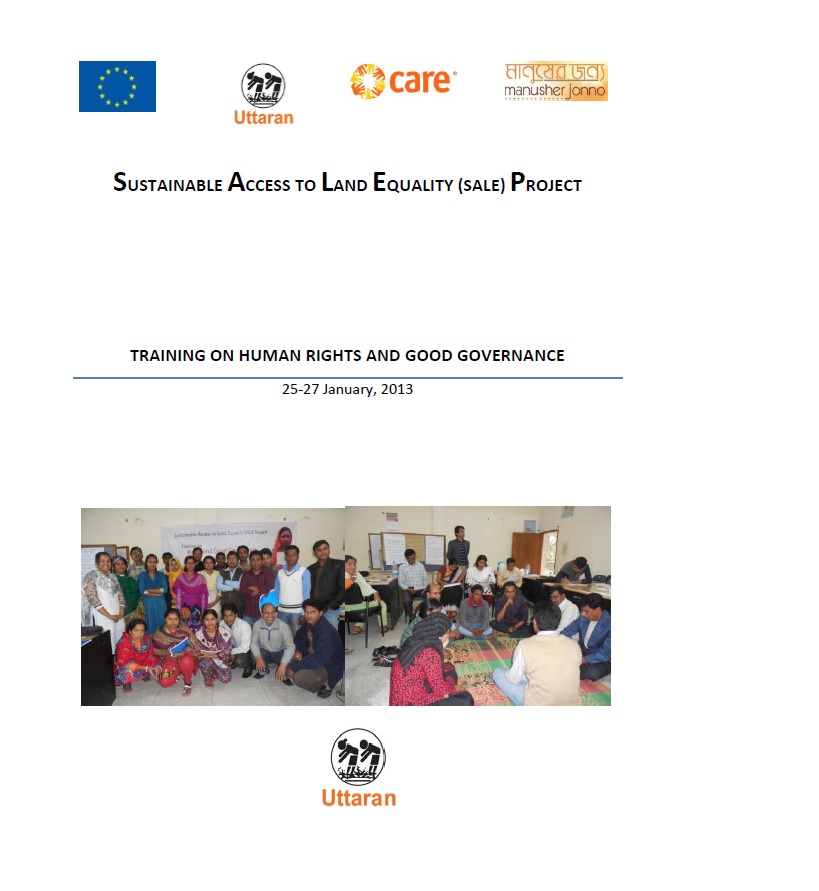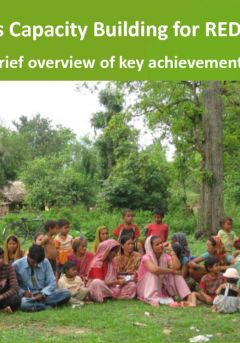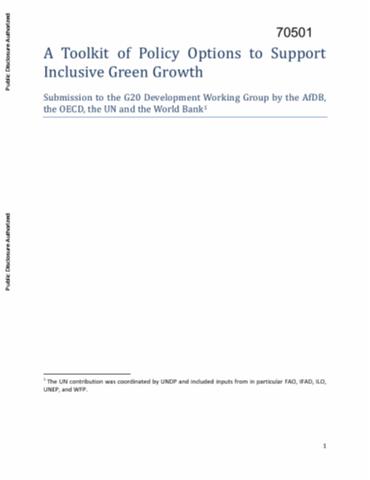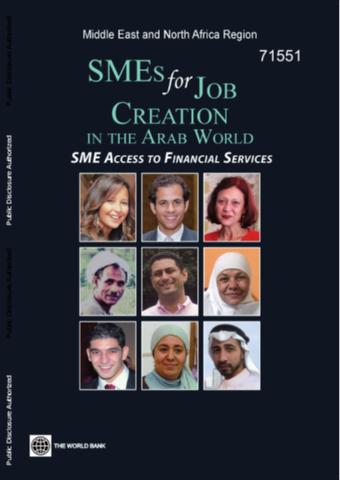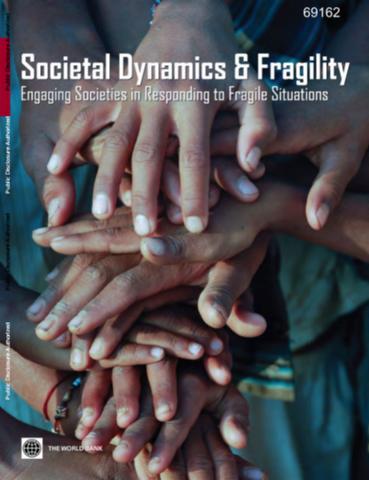An assessment of IFPRI's work in Ethiopia during 1995-2010
Ethiopia is one of the most populated and poorest countries in Sub-Saharan Africa and as such has been a high priority country for IFPRI research and capacity-building work. From 1995 to 2004, nearly all of IFPRI’s Ethiopia work was undertaken by Washington-based research teams working on specific themes under various “global research programs” (GRPs). More than 95 percent of IFPRI’s research in Ethiopia during this period was part of four main research themes: (1) Market Development; (2) Poverty and Food Security; (3) Public Investment; and (4) Sustainable Land Management (SLM).


